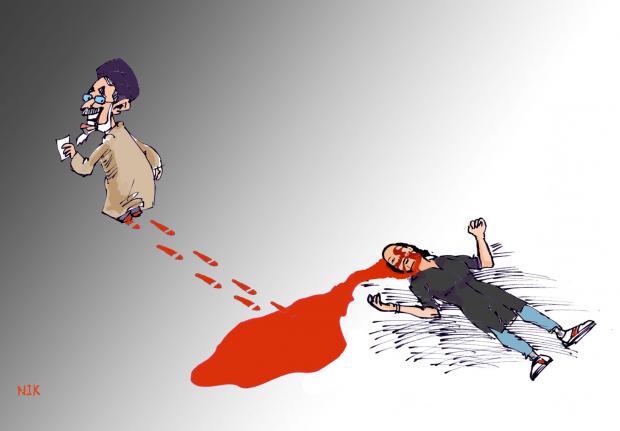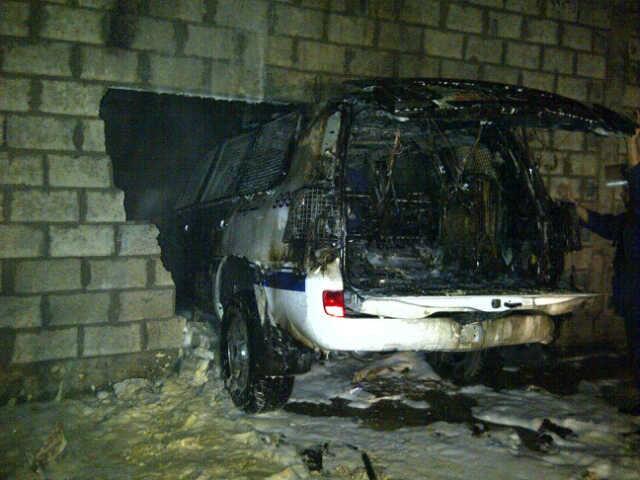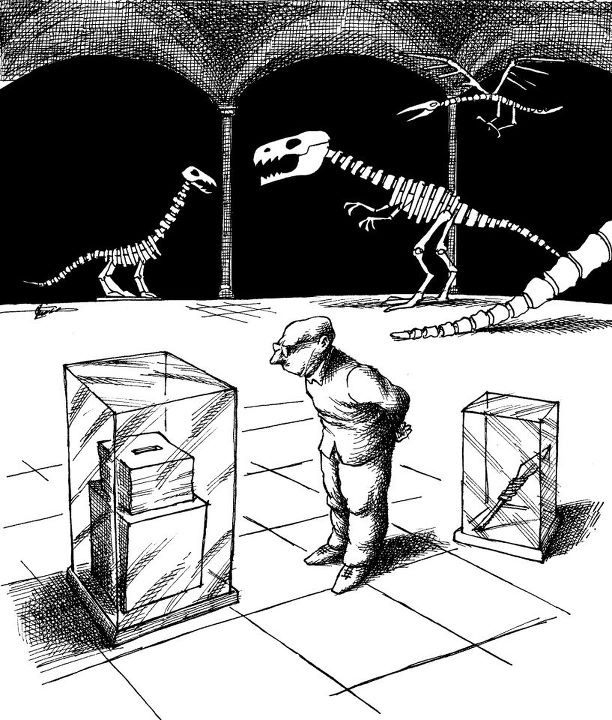Bahrain Propaganda 101: Bringing the "Right" Youth Delegation to Washington
Ebtisam Khalifa Bahar of Bahrain's Information Affairs Authority --- ostensibly in an "independent" youth delegation, organised by American PR firm Qorvis and sent to Washingon --- challenges activist Maryam Al-Khawaja
Earlier this month, a group of three young Bahrainis arrived in Washington to talk about reform in the small Persian Gulf nation, which has been rocked by Arab Spring protests for the last year. The delegation, including an NGO worker and a tech entrepreneur, both Western-educated, represented "the leading voice for change and reform" in Bahrain, as an email message from one of the group's representatives put it.
But these weren't leaders of the protest movement that has challenged the country's ruling Sunni monarchy. They were members of a "youth delegation" put together by a top American public relations firm, Qorvis, which has been working with Bahrain to shore up the country's image in the United States.
The youth delegation's modestly pro-reform message was mixed with sharp criticism of the opposition in Bahrain and complaints about negative media coverage in the U.S.

 Sunday, March 4, 2012 at 8:18
Sunday, March 4, 2012 at 8:18



